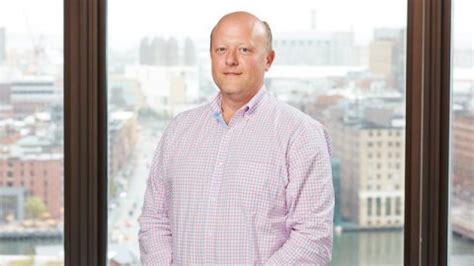A Quote by Brad Garlinghouse
XRP is a digital asset that exists on the XRP ledger, one of the open-source products created by Ripple. XRP is a pivotal component of the Internet of Value, since it solves a key point of friction: the pre-funding of nostro/vostro accounts necessary to facilitate cross border payments.
Related Quotes
In 2017, people have realized there isn't going to be one crypto to rule them all. You're seeing vertical solutions where XRP is focused on payment problems, Ethereum is focused on smart contracts, and increasingly, bitcoin is a store of value. Those aren't competitive. In fact, I want bitcoin and Ethereum to be successful.
If an open source product gets good enough, we'll simply take it. So the great thing about open source is nobody owns it - a company like Oracle is free to take it for nothing, include it in our products and charge for support, and that's what we'll do. So it is not disruptive at all - you have to find places to add value. Once open source gets good enough, competing with it would be insane. We don't have to fight open source, we have to exploit open source.
My net worth is the market value of holdings less the tax payable upon sale. The liability is just as real as the asset unless the value of the asset declines (ouch), the asset is given away (no comment), or I die with it. The latter course of action would appear to at least border on a Pyrrhic victory.
Most people who live at the border or are familiar with the border know that a Berlin-like wall stretching from San Diego to Brownsville is not necessary. And the costs would be prohibitive. And there are places on the border, such as the Arizona desert or the open terrain around the Big Bend in South Texas, where Mother Nature has created her own barrier that is not easily passable. Or if you do pass through it, you are easily detected.



























